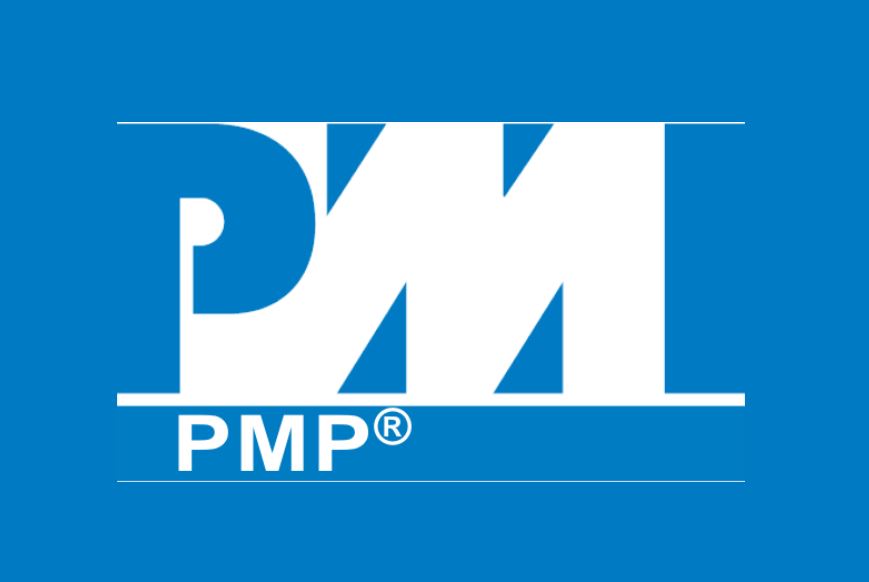If you’re interested in starting a career as a mortgage loan officer but have no prior experience, I’m here to help you make it happen. The mortgage industry offers numerous opportunities for individuals looking to become loan officers and enter the finance industry. In this article, I will guide you through the steps you can take to become a mortgage loan officer with no experience.
Starting a career in finance as a mortgage professional can be both rewarding and challenging. It requires a combination of knowledge, skills, and determination to succeed. While many loan officers begin their careers by working their way up from entry-level positions in the financial services industry, previous experience is not always required. Regardless of your background, you can develop the necessary skills and qualifications to become a successful mortgage loan officer.
The mortgage industry plays a vital role in helping individuals achieve their dreams of homeownership. As a mortgage loan officer, you will be responsible for assisting clients in securing mortgage loans and guiding them through the complex process. By providing valuable financial advice, analyzing mortgage applications, and ensuring regulatory compliance, you will play a crucial role in helping individuals and families achieve their homeownership goals.
So, if you’re ready to embark on a career in finance and become a mortgage loan officer, let’s dive in and explore the steps you need to take to make it happen.
Meet the Basic Requirements
Before you can become a licensed mortgage loan officer, there are some basic requirements that you need to meet. These requirements include:
- Being at least 18 years old
- Holding a high school diploma or GED
- Registering with the Nationwide Multistate Licensing System and Registry (NMLS)
- Undergoing a thorough FBI background check
While a college degree is not required, it can be beneficial in your career as a mortgage loan officer. However, it’s important to note that certain crimes involving fraud, forgery, or other financial activities may disqualify you from pursuing a license as a mortgage loan officer.
“Meeting the basic requirements is the first step towards becoming a mortgage loan officer. By fulfilling these criteria, you demonstrate your commitment to ethical conduct and professionalism in the finance industry.”

Now that you understand the fundamental prerequisites, let’s explore the next crucial step: knowing your state’s requirements for mortgage loan officers.
Know Your State’s Requirements for MLOs
When pursuing a career as a mortgage loan officer (MLO), it’s crucial to familiarize yourself with the specific requirements of the state in which you plan to become licensed. While the National Mortgage Licensing System and Registry (NMLS) sets the foundation for MLO licensing nationwide, individual states may have additional criteria that you must meet. Understanding these state requirements is essential to ensure a smooth and successful licensing process.
To begin, let’s take a look at the core requirements established by the NMLS:
- Be at least 18 years old
- Hold a high school diploma or equivalent (e.g., GED)
- Register with the NMLS
- Undergo a thorough FBI background check
Once you meet these basic requirements, it’s time to delve into the specific guidelines set by your state. This may include completing additional pre-licensing education courses beyond the mandatory 20 hours standardized by the NMLS. These state-specific courses provide you with the knowledge and skills necessary to excel in your role as an MLO within your jurisdiction.
State requirements may also encompass fee schedules, application deadlines, and preferred fingerprinting vendors. It’s crucial to be familiar with these details to ensure you comply with all necessary procedures and deadlines for obtaining your MLO license.
To help you understand the unique requirements of your desired state, I’ve compiled an informative table below detailing the additional guidelines established by select states:
**Table: State Requirements for MLOs**
| State | Additional Pre-Licensing Education | Fee Schedule | Application Deadline | Preferred Fingerprinting Vendor |
|——-|————————————|————–|———————-|——————————-|
| California | 4 hours of California-specific education | $400 application fee | 30 days prior to desired licensing date | IdentGO |
| Texas | 3 hours of state-specific education | $305 application fee | Rolling deadlines | MorphoTrust |
| New York | 6 hours of New York-specific education | $103 application fee | 60 days prior to desired licensing date | Accurate Biometrics |

“Understanding your state’s requirements is crucial in the process of becoming a licensed mortgage loan officer. Prepare by completing any additional pre-licensing education courses, submitting fees on time, and adhering to application deadlines. By meeting all requirements, you’ll position yourself for success in your MLO career.”
Take MLO Pre-Licensing Courses
As a mortgage loan officer, I understand the importance of completing pre-licensing courses to gain the necessary knowledge and skills for success in this profession. To become a licensed professional in the mortgage lending industry, it is essential to enroll in MLO pre-licensing courses that provide comprehensive education on the rules, regulations, and laws governing our work.
These courses, approved by the Nationwide Multistate Licensing System (NMLS), consist of 20 hours of instruction designed to equip aspiring loan officers with the foundational understanding needed to excel in their careers. MLO pre-licensing courses cover a range of topics, including federal mortgage laws, loan origination responsibilities, ethical practices, and state-specific content.
Gaining In-Depth Knowledge
Through MLO pre-licensing courses, I acquired a deep understanding of the rules and regulations that guide our industry. These courses provide insights into key laws and compliance requirements, enabling aspiring loan officers to navigate complex scenarios with confidence and professionalism.
“The pre-licensing courses provided me with a solid foundation to grasp the intricacies of the mortgage lending profession. The in-depth knowledge I gained through these courses empowered me to offer reliable, compliant, and ethical solutions to borrowers.”
Moreover, the NMLS-approved education ensures that all licensed professionals in the mortgage industry adhere to the highest standards of practice. By completing these courses, we demonstrate our commitment to upholding integrity and professionalism in our work.
Preparing for the SAFE MLO Exam
In addition to building a comprehensive knowledge base, MLO pre-licensing courses also serve as a vital preparation for the Secure and Fair Enforcement for Mortgage Licensing (SAFE) MLO exam. This exam evaluates your understanding of federal mortgage laws, ethics, and regulations, and passing it is a requirement for obtaining your mortgage loan officer license.
By enrolling in NMLS-approved pre-licensing courses, you can be confident that you are equipping yourself with the knowledge and skills necessary to pass the exam and excel in your career as a mortgage loan officer.
Completing MLO pre-licensing courses not only prepares you for the SAFE MLO exam, but also builds a foundation for your future success as a licensed professional. These courses provide essential insights into the industry, ensuring that you are well-versed in the rules and regulations that govern mortgage lending.
Now that we have explored the importance of MLO pre-licensing courses, let’s move on to the next section, where we will delve into the job search process and how to highlight your transferable skills to land entry-level positions in the mortgage industry.
Conclusion
Embarking on a career as a mortgage loan officer may seem daunting, especially without prior experience, but with the right steps and preparation, it is indeed possible. By fulfilling the basic requirements, completing the necessary pre-licensing education, passing the SAFE MLO exam, and honing essential soft skills, you can pave the way to becoming a licensed mortgage loan officer.
One crucial aspect of kickstarting this journey is to prepare a compelling resume that showcases your transferable skills from previous positions. Highlighting relevant experience in areas such as customer service, sales, and finance can greatly enhance your chances of securing entry-level positions in the mortgage industry.
Furthermore, as you embark on your job search, it’s important to remember the value of soft skills. Effective communication, problem-solving abilities, and attention to detail are just a few of the soft skills that mortgage loan officers utilize on a daily basis. By continually developing and demonstrating these skills, you can position yourself as a competent and capable professional in the industry.
With determination, perseverance, and the right set of skills, you can embark on a rewarding career as a mortgage loan officer. So, polish that resume, network with industry professionals, and confidently pursue the opportunity to make a positive impact on people’s lives through their mortgage journeys. Your path to success starts now.
FAQ
What are the basic requirements to become a mortgage loan officer?
To become a mortgage loan officer, you need to meet basic requirements such as being at least 18 years old, having a high school diploma or GED, and registering with the Nationwide Multistate Licensing System and Registry (NMLS). You must also pass an FBI background check.
Are there additional requirements for becoming a mortgage loan officer in each state?
Yes, each state may have additional requirements for becoming a mortgage loan officer. In addition to the pre-licensing education required by the NMLS, some states may require completion of additional courses specific to their jurisdiction. It’s important to familiarize yourself with the requirements of the state in which you plan to get licensed.
What should I expect from MLO pre-licensing courses?
MLO pre-licensing courses are designed to teach you about the rules, regulations, and laws governing the mortgage loan officer profession. These courses typically cover topics such as federal mortgage laws, loan origination duties, ethics, and state-specific content.
How can I start a career as a mortgage loan officer with no experience?
To start a career as a mortgage loan officer with no experience, you can prepare a solid resume that highlights transferable skills from your previous positions. It’s also advisable to apply to entry-level positions in the mortgage industry and develop essential soft skills such as communication and problem-solving.





